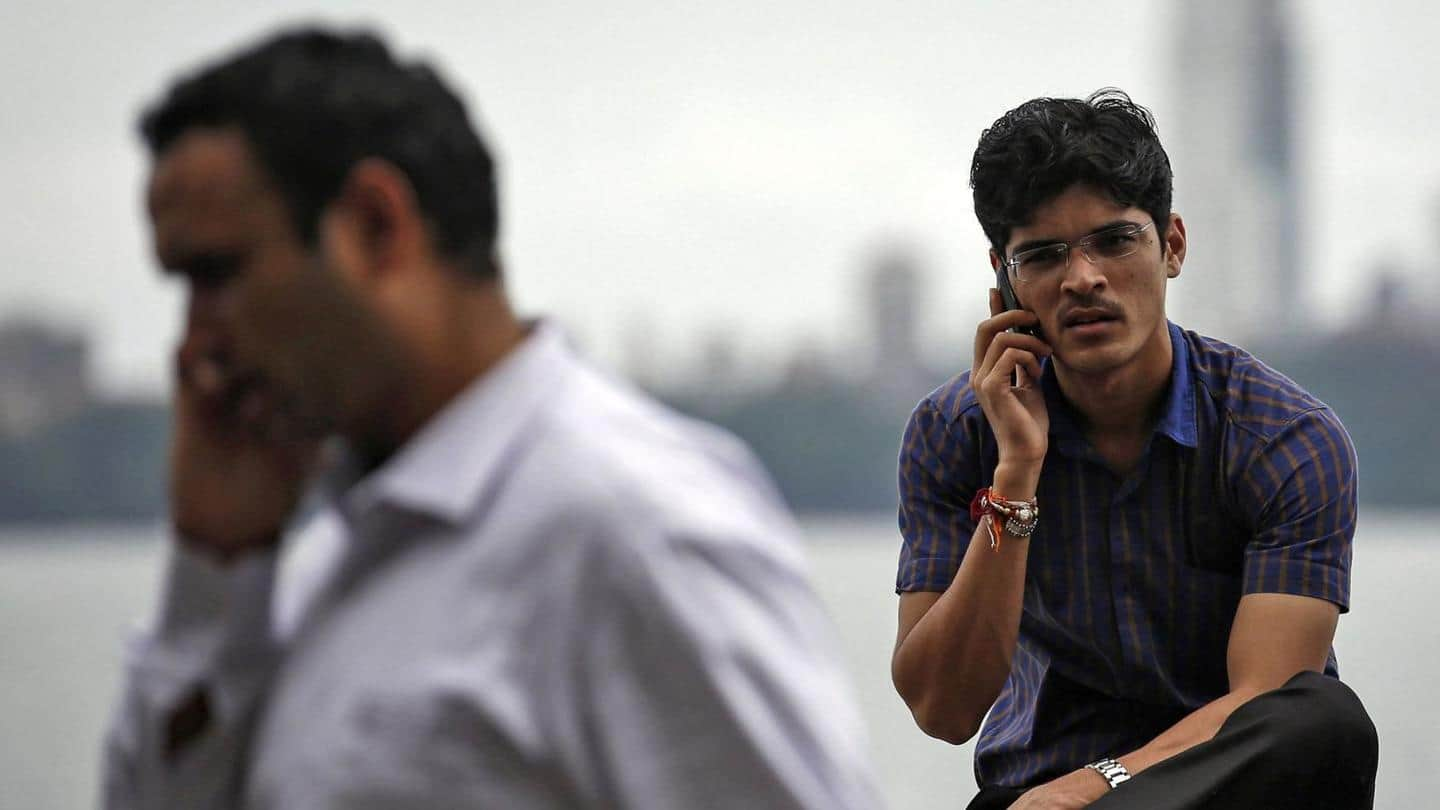
India among top 10 countries affected by spam calls: Truecaller
What's the story
India was among the world's top 10 countries affected by spam calls, the caller ID and spam-blocking app Truecaller noted in its 2020 insights report.
India made it to the top 10 despite seeing a reduction in the number of spam calls this year, the report said.
However, India has now slipped to the ninth rank, down from the top just three years ago.
Details
Total spam calls declined by 34%; operators remain top spammers
According to the report, India witnessed a 34% reduction in spam calls this year. "Strict curfews and lockdowns in India made it much harder for telemarketers to go to work, or utilize the equipment they need to carry out large-scale spam campaigns," the report said.
98.5% of all spam calls this year were from domestic numbers with operators being the top spammers in India.
Key facts
Users received 16.8 average spam calls per month: Report
The report said that operators were responsible for 52% of all spam calls, followed by telemarketers (34%), scammers (9%), and financial services (5%).
India witnessed 16.8 average spam calls per user per month this year, compared to 25.6 calls the previous year.
Know Your Customer (KYC) and One Time Password (OTP) related scams continued to gain traction in India, the report said.
States
Gujarat most spammed Indian state; J&K least
Within India, Gujarat was the state that received the most spam calls, accounting for 13.5% of the total.
Gujarat was followed by Maharashtra (13.2%), Andhra Pradesh (9.5%), Uttar Pradesh (9.5%), and Delhi (7.5%), the report said.
Meanwhile, the states/union territories of Assam, Himachal Pradesh, Jammu and Kashmir, Odisha, and West Bengal received the least amount of spam calls this year.
World
US, Europe see biggest increase in spam calls
Brazil remained the most affected by spam calls, also witnessing a 9% increase compared to last year.
The United States took the second spot, up from the eighth spot last year with a 56% increase in spam calls.
European nations Hungary, Poland, Spain, UK, Ukraine, Germany, Romania, Greece, and Belgium—that hadn't featured on last year's list—were among the top 20 most affected this year.